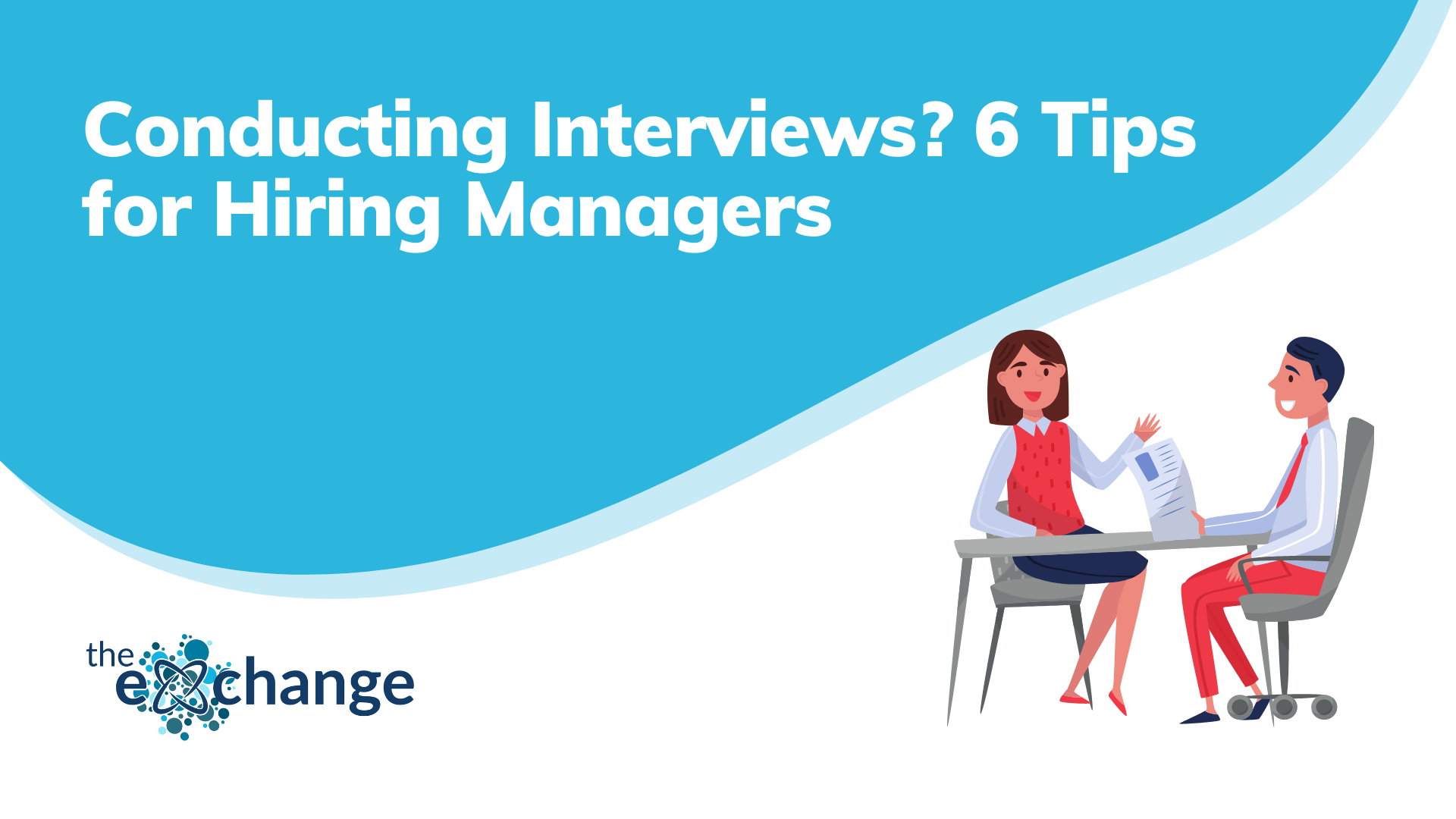
It’s human nature to be biased, emotional and inconsistent. Having a structure in your interview helps you manage these human factors that may affect your decision-making process. Structured interviews are known to be much more reliable and valid than non-structured ones. In a structured interview, the interviewer uses the same set of questions to guide all the candidates. There is a chance that the conversation will ebb and flow in different directions during the interview, but the guide keeps the topics discussed within the same scope. This makes the interview process fairer for all candidates.
The questions in a structured interview are carefully devised and worded to ensure there are no controversial or unjustified assumptions. They are planned around the job requirements and tend to be more relevant to the job. As one would expect, structured interviews are better at predicting job performance than unstructured ones.
Other advantages of structured interviews:
Structured interviews usually include a standard way for scoring candidate responses. By using an interview scorecard, the interviewer scores all candidates fairly and more objectively. This ensures that the interviewer does not end up evaluating the candidate based on qualities unrelated to the job.
When the scorecard is used by all interviewers in a panel interview, it provides a quantitative basis for comparison between interviewers and enables the interviewers to validate each other’s perception of the candidate.
To prepare your structured interview:
Step 1: Craft the job description
Step 2: List out the requirements. Categorise them based on hard and soft skills
Step 3: Create role-specific questions
Step 4: Add general interview questions
Step 5: Devise an interview scorecard*
Step 6: Conduct interview with the list of questions
Step 7: Evaluate candidates
*Devise a rating scale for your interview scorecard. Your scale can be a 5 point scale. Include a detailed explanation of what low and high scores look like. The scorecard makes scoring easy and consistent, particularly in situations where there is more than one interviewer.
Interviewers should be trained on how to conduct structured interviews. The training should help them identify and avoid their personal biases. When it comes to scoring candidates, each score should be evidence-based. Interviewers should also be able to determine through questioning and listening whether the candidate has the knowledge, skills and abilities to perform the job well.
Bear in mind that you’re representing your company when you interview the candidate. Go to the interview armed with a clear knowledge of the qualification and type of experience you’re looking for, a list of questions you want to ask, and a proper and fair way to score the candidate. Your preparation should also include going through the candidate’s CV/profile before the interview. Doing the necessary homework and being prepared projects a good professional image of yourself and your company, and the candidate will be more likely to accept the job should you decide to extend an offer later on.
Hiring managers know that it is important to hire a candidate who can “fit” into the company culture. But how do you define your company’s culture? Ideally, you should be looking out for behaviours that would make the hire successful in his/her role at your company, and not shared hobbies, opinions or experiences.
On this note, it could be counter-productive in the long run to hire people who are too similar. Hiring someone who is different from your existing team members can add varied experiences and valuable perspectives to your team – this is one key ingredient for building an innovative team.
We always advise candidates to practise their interview skills before going for an interview, particularly if they are still early in their careers or if they haven’t gone for one in a long while.
The same applies to inexperienced hiring managers. If it’s your first time interviewing candidates, get a colleague to role-play and practise with you.
Keep in mind that asking these questions constitutes discriminatory hiring practices:
If you are unsure which questions can or can’t be asked, check out the TAFEP Guidelines on Fair Employment Practises.
Love this article? Share it!